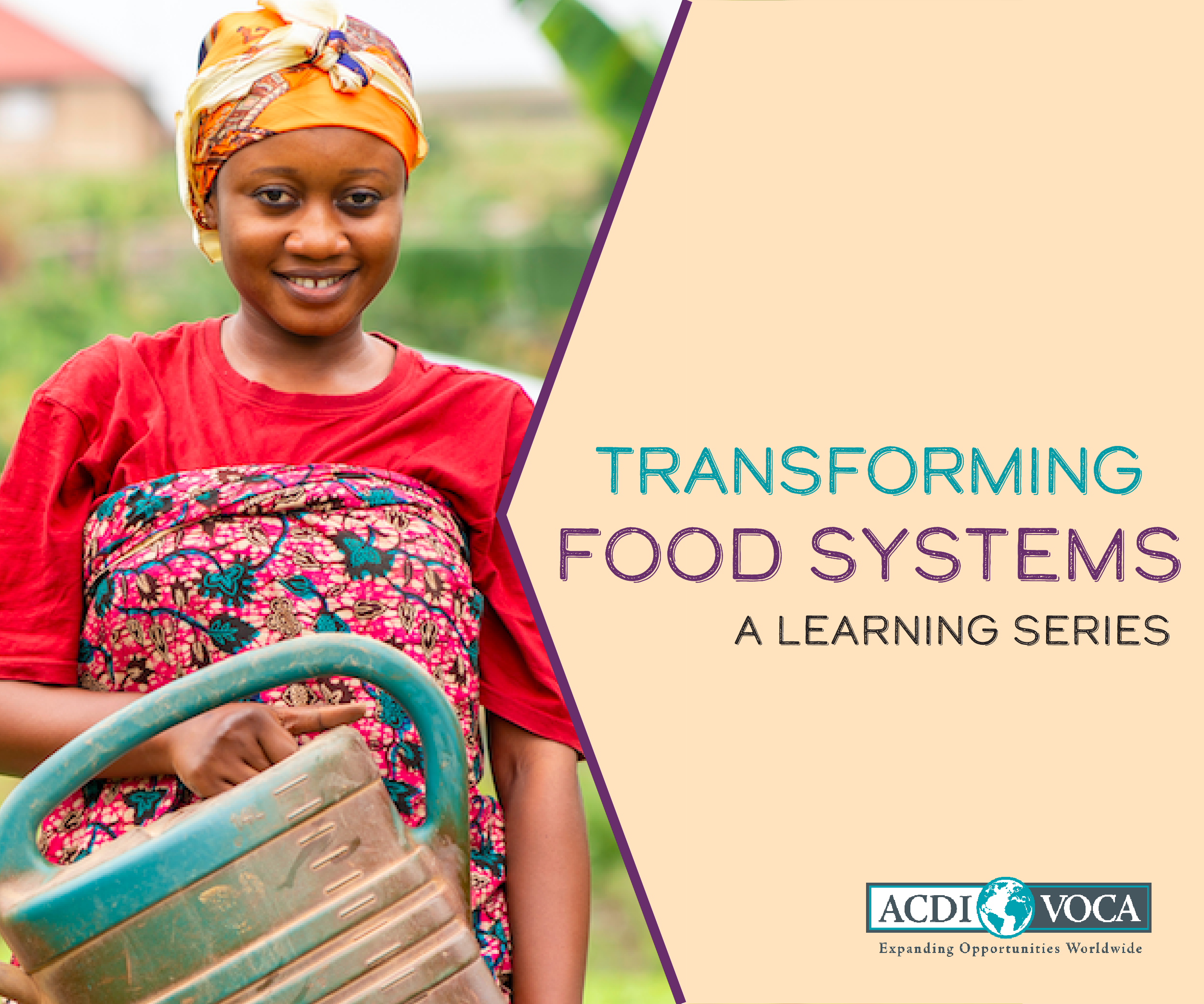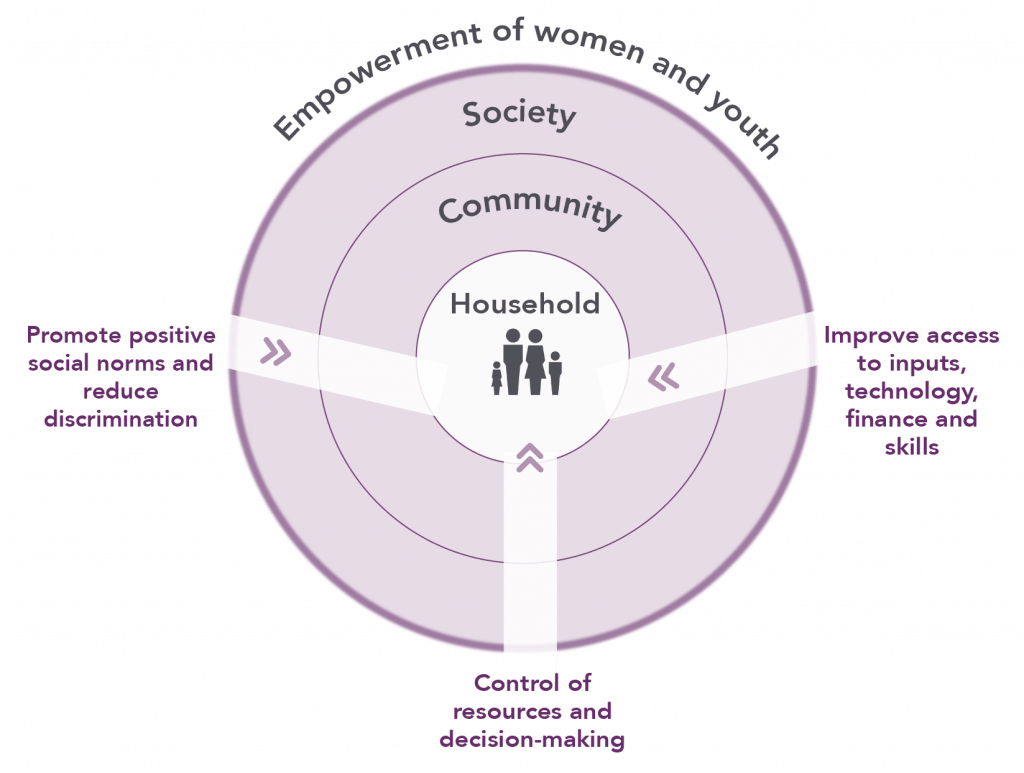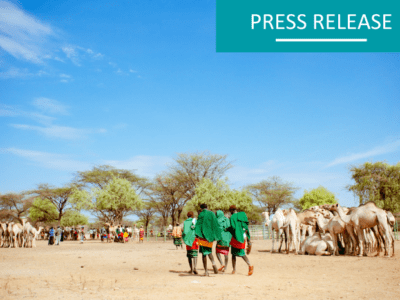
Action Track 4: Livelihoods and Equality
Food Systems Suffer From Gender and Social Inequalities
Women are key contributors to food systems, playing an important role in food production, processing, marketing, and distribution in food value chains. However, gender inequalities in access to and control over agricultural land, inputs, and finance as well as participation and leadership in key groups limit their capacity to fully contribute to and benefit from food system growth. Women contribute at least 40 percent of labor for crop production in developing regions, but only 10-20 percent of women own agricultural land. Similar constraints exist for youth and social groups that face systemic discrimination. In developing countries, 57 percent of youth (15 to 19-year-old) are employed in agriculture. Yet, they have fewer assets and limited access to formal and informal finance. Social and gender norms also influence food distribution practices within households leading to differential access to food.
Promoting Inclusive Livelihood Opportunities in Food Systems

Addressing these inequalities is key to ensuring the health and agency of women and youth, as well as the capacity of the food system to provide nutritious food, environmental health, and sustainable livelihoods. Food systems interventions must be informed by a thorough understanding of context-specific gender and social norms that create barriers and inequalities to inputs, services, and end markets. Interventions must go beyond addressing these inequalities to transforming the underlying structures that create them through increasing agency and empowerment. ACDI/VOCA’s GenderFirst toolkit offers a valuable approach to assessing gender and youth specific barriers and opportunities in food systems, designing interventions to address these barriers, and avoiding harm. Across our projects, we seek to:
- Improve access to inputs and time-saving technologies to improve productivity of women and youth food systems actors,
- Improve access to finance, business development skills, and other skills to enable women- and youth-owned food systems entrepreneurs to thrive
- Promote positive social and gender norms to increase women’s decision-making power as well as equitable control over income and access to nutritious foods
Because women and historically excluded groups often rely heavily on natural resources to sustain their livelihoods, ACDI/VOCA facilitates their active engagement in developing strategies to protect and sustainably manage natural resources.
Gender and Youth Equitable Livelihoods in Our Projects
Improving access to resources and agency for women: In Burkina Faso, the Bill & Melinda Gates Foundation-funded SELEVER project increased access to poultry inputs, services, and finance for female producers and female-owned enterprises. SELEVER also engaged men and implemented social behavior change activities to address social norms limiting women’s ownership and roles in poultry production, as well as increase women’s decision making and control of household income.
Promoting gender inclusive business models: In Bangladesh, the USAID-funded Feed the Future Rice and Diversified Crops Activity used a gender inclusive business case and gender-focused facilitation approach to urge private sector companies to employ women in crop input and advisory service distribution models. This led to improved access to yield-boosting inputs and increased access to crop output supply models for women farmers, leading to increased incomes and food security.
Strengthening youth-owned enterprises: In Kyrgyzstan, the USAID-funded Agro Horizon project provided financial support to young entrepreneurs to set up a dried nut processing facility that led to a significant scaling up of their activities, growth in sales and the creation of additional job opportunities for youth beyond production-level of the food supply chains.
Access previous posts in this Food Systems series:
“ACDI/VOCA’s Conceptualization of and Approach to Transforming Food Systems,” published 8/25/2021
“ACDI/VOCA Transforms Food Systems for Nutrition,” published 9/1/2021
“Building Back Better: Nature-Based Food Systems,” published 9/15/2021
“ACDI/VOCA Builds Resilient Food Systems,” published 9/21/2021






